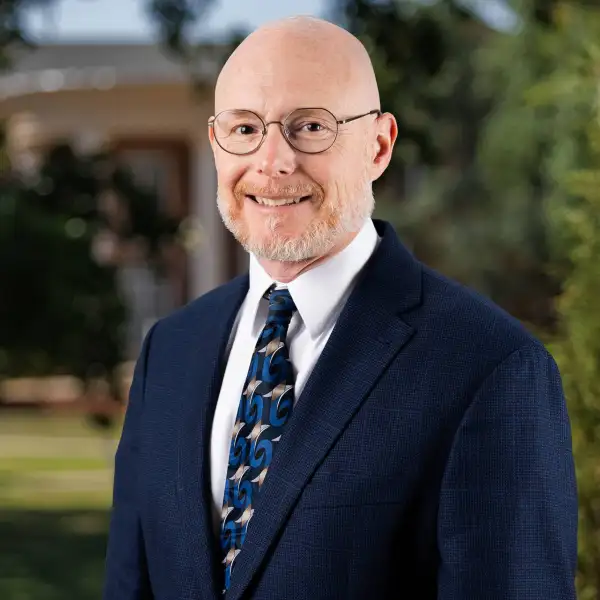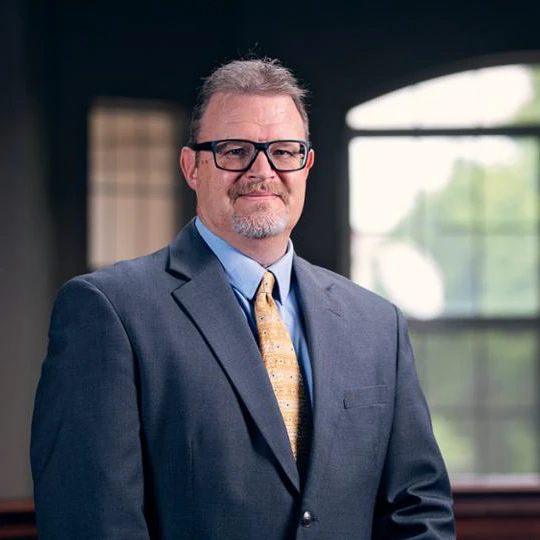OBU’s computer science degree program will provide you with a solid foundation in mathematics, computer programming, computer hardware and organization, artificial intelligence, data science and analytics, databases and multi-platform application development. Our most recent report shows 95% of OBU School of Business graduates are employed or are in graduate school. Nearly every business in the world uses computers to operate, and they all need computer scientists like our graduates.
Benefits of an OBU Computer Science Degree
In the OBU computer science programs, you will learn the practical and theoretical skills necessary for a successful and rewarding career in all areas of computer science and information technology. OBU faculty have decades of industry experience and therefore have a good understanding of what employers are looking for in their new hires.
Our degrees will give you a unique well-rounded education that includes an intimate community experience, a Christian liberal arts education, practical, project-based course work, and an artificial intelligence and data analytics emphasis (two of the “hottest” fields in technology today).
Why OBU for Computer Science?
As a Christian liberal arts university, OBU is dedicated to the pursuit of raising up the next generation of technology professionals with the knowledge and experience needed to begin their career, and with the virtues and ethics necessary to bring about positive change in the world, both today and into the future.
OBU’s computer science program offers you a solid foundation in advanced mathematics, computer programming, software engineering, computer hardware, artificial intelligence, data science and analytics, databases and full-stack application development.
OBU’s computer information systems program offers you a solid foundation in multiple business disciplines (accounting, finance, marketing, management), computer programming, artificial intelligence, data science and analytics, databases and full-stack application development.
Both programs are unique within the overall OBU community experience: a grounding in Christian liberal arts; a broad computer science education; and practical, and project-based course work.
Program Options
Bachelor of Science (BS)
- Computer Science
- Computer Science, Interdisciplinary Emphasis
- Computer Science, Artificial Intelligence Emphasis
Bachelor of Business Administration (BBA)
World-Class Faculty
OBU faculty are experts in their fields and will be with you every step of the way.

Chair, School of Business
Lloyd G. and Betty E. Minter Chair of Business
Professor of Business
Director, MBA Program

Lawrence Peitz Chair of Business
Assistant Professor of Computer Information Science